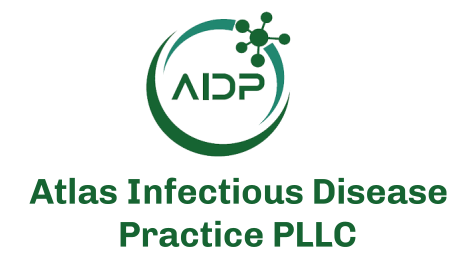
Children and adolescents who had COVID-19 were at a higher risk for heart-related outcomes compared with those who did not have SARS-CoV-2 infection. These elevated risks were found in patients regardless of a previous cardiovascular history or congenital heart disease. These findings were part of a large study that were published in Nature Communications.
“We found that those infected with SARS-CoV-2 exhibited increased risks for a range of post-acute cardiovascular outcomes, with RR between 1.26 and 2.92,” The study authors wrote. “These outcomes included hypertension, ventricular arrhythmias, myocarditis, heart failure, cardiomyopathy, cardiogenic shock, thromboembolism, chest pain, and palpitations, compared to non-infected controls. These findings applied to patients both with and without CHDs, although children with CHD showed a notably higher risk of atrial fibrillation.”
The risk was found to be similar across demographics. “Risks were consistently observed regardless of age, sex, race/ethnicity, obesity status, severity of acute COVID-19, or virus variant. Even children and adolescents without a history of any cardiovascular outcomes before SARS-CoV-2 infection showed increased risks, suggesting a broad potential impact on those previously considered at low risk of cardiovascular disease,” the investigators wrote.
Study Parameters
Investigators assessed cardiovascular risks analyzing electronic health records (EHR) data from 19 children’s hospitals and health institutions within the US from the Researching COVID to Enhance Recovery (RECOVER) consortium during the time period between March 2020 and September 2023. The cohort included both individuals with COVID-19 (297,920) and those who were negative for infection (915,402). All individuals had at least a single 6-month follow-up after cohort entry. According to the RECOVER website, this initiative “brings together clinicians, scientists, caregivers, patients, and community members to understand, treat, and prevent Long COVID. We’ve created the world’s most comprehensive and diverse group of Long COVID study participants.”
Within the SARS-CoV-2-positive individuals portion of the study, the investigators said 13,646 individuals had congenital heart disease, and 284,274 without CHD. Of the negative SARS-CoV-2 group, 46,962 had CHD, and 868,440 were without CHD. Of the individuals involved in the study, 623,806 (51.4%) were male with a mean (SD) age of 7.75 (6.11) years.
What You Need to Know
Children and adolescents who had COVID-19 were at a notably higher risk for various post-acute cardiovascular conditions—including myocarditis, heart failure, arrhythmias, chest pain, hypertension, and more—regardless of whether they had preexisting heart issues or congenital heart disease (CHD).
The increased cardiovascular risk was observed regardless of age, sex, race/ethnicity, obesity status, COVID-19 severity, or variant. Even healthy children with no previous cardiovascular conditions showed elevated risk after COVID-19 infection.
The study found a particularly elevated risk of myocarditis and pericarditis, consistent with prior research. However, limitations existed due to lack of data on reinfections and vaccination status, which could influence the outcomes.
Myocarditis and Pericarditis
One of the ongoing discussions—and previously found in other studies—is the connection between COVID-19 infection and the increased risks for myocarditis and pericarditis.
“Especially noteworthy was the increased risk of myocarditis and pericarditis (inflammatory heart disease) in both groups consistent with prior studies showing an increased occurrence of myocarditis in the months following the diagnosis of COVID-19, across different ages and sexes,” the investigators wrote.
The investigators acknowledged there were some limitations to their study around multiple bouts of COVID-19 and vaccination and the aforementioned heart issues. “Our analysis did not account for reinfection or COVID-19 vaccinations during the study period, which could affect outcomes like myocarditis or pericarditis. We included the dosage of COVID-19 vaccines and the interval since the last immunization as confounders to partially adjust for these variables to make SARS-CoV-2-positive and SARS-CoV-2-negative groups more comparable, but vaccinations and tests conducted outside hospital systems may not be captured accurately in the EHR.”
Obesity
Findings showed an association between obesity and increased risks of some cardiovascular outcomes.
“While these findings were not substantial, they highlight the complexity of obesity-related cardiovascular health in pediatric populations. Obesity-related complications, including cardiovascular outcomes, typically evolve over a longer period and may not fully manifest within the follow-up period of 28 to 179 days. Future studies with longer follow-up periods and comprehensive assessments are warranted to better understand the long-term cardiovascular implications of obesity in pediatric populations,” the authors wrote.






